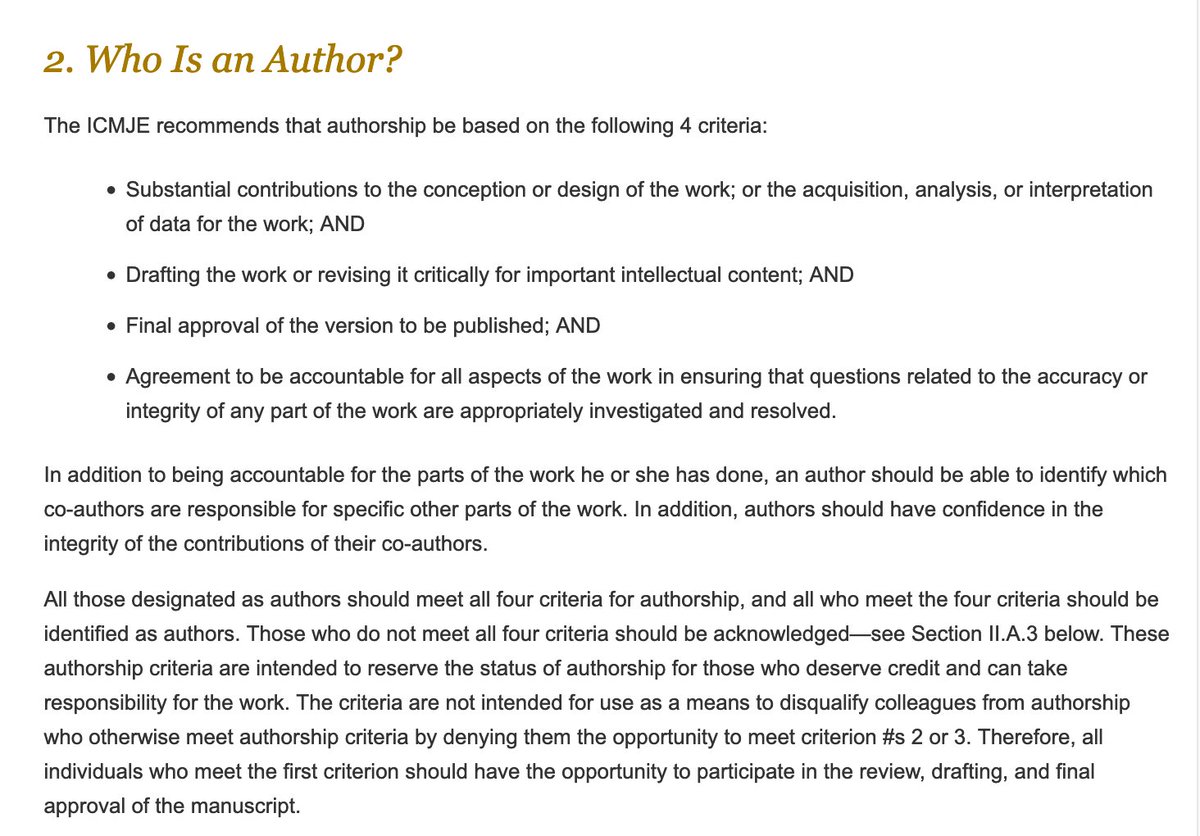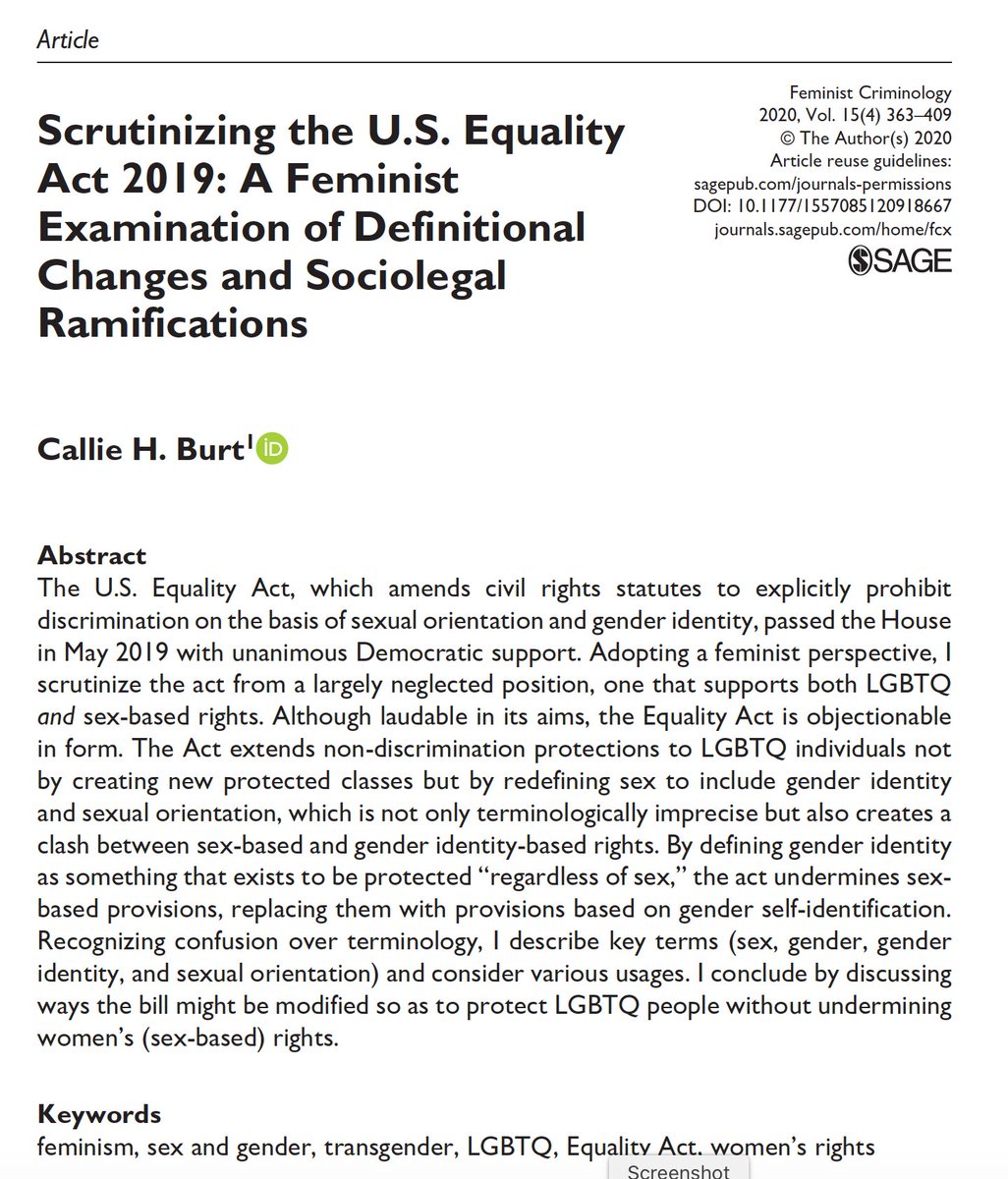
One key reason many men don’t recognise our roles in preventing and reducing rape is that we fail to realise that most rapes by are men known to the victim, in a familiar location, without serious injury, and that rapes are common. Many men have a mistaken idea of rape. 1/6
Men often imagine some crazed guy, in a park, violently raping a passing woman. Men often don’t think of what’s far more common: A man pressuring his date into sex. A man expecting that his wife will have sex whenever he wants to. A man taking advantage of a drunk woman. Etc. 2/6
Men, and to a lesser extent women, often believe, mistakenly, that most rapes are by strangers, in a public place, & involving severe physical force, contribute to the neglect of the reality of sexual violence and to victim-blaming. Report, p. 54: ncas.anrows.org.au/wp-content/upl… 3/6 

This ‘real rape’ myth means that we underestimate the real rate of rape, make problematic distinctions between ‘deviant’ men and the ‘normal’ majority of men, and make women themselves responsible to prevent and/or counter the threat of rape. 4/6
Incidents that do not fit the ‘classic’/’real’ rape scenario – most rapes - tend to be dismissed or denied. Harder for women to name their experiences as rape when these occur in private spaces, by normal men who they know and have a relationship with, & without extreme force 5/6
Men must learn about the realities of men’s sexual violence against women. It’s common, by ordinary men, and supported by widespread cultural norms about gender and sexuality. And men must, with women, work to foster cultures of consent and equality. xyonline.net/content/what-m… 6/6
• • •
Missing some Tweet in this thread? You can try to
force a refresh









